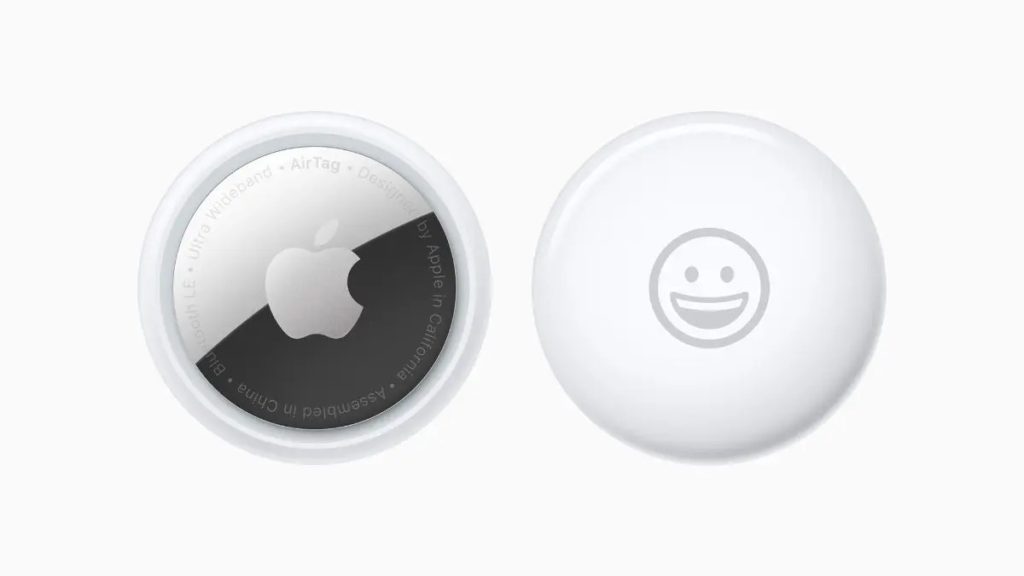This month, more than three dozen victims allegedly terrorized by stalkers using Apple AirTags have joined a class-action lawsuit filed in a California court last December against Apple, reports Ars Technica.
They alleged in an amended complaint that, partly due to Apple’s negligence, AirTags have become “one of the most dangerous and frightening technologies employed by stalkers” because they can be easily, cheaply, and covertly used to determine “real-time location information to track victims.”
In December 2022 Apple was sued by two women who said its AirTag devices make it easy for stalker to track and terrorize victims. The lawsuit claims that the safeguards in place, which include alerting iPhone users if an unknown AirTag is found to be following them, are “woefully inadequate, and do little, if anything, to promptly warn individuals if they are being tracked.”
Ars Technica says that since the lawsuit was initially filed in 2022, plaintiffs have alleged that there has been an “explosion of reporting” showing that AirTags are frequently being used for stalking, including a spike in international AirTags stalking cases and more than 150 police reports in the US as of April 2022. More recently, there were 19 AirTags stalking cases in one US metropolitan area—Tulsa, Oklahoma—alone, the complaint said.
Apple apparently is working on the issue. In May the company and Google jointly submitted a proposed industry specification to help combat the misuse of Bluetooth location-tracking devices such as AirTags for unwanted tracking.
The first-of-its-kind specification will allow Bluetooth location-tracking devices to be compatible with unauthorized tracking detection and alerts across iOS and Android platforms. Samsung, Tile, Chipolo, eufy Security, and Pebblebee have expressed support for the draft specification, which offers best practices and instructions for manufacturers, should they choose to build these capabilities into their products.
“Apple launched AirTag to give users the peace of mind knowing where to find their most important items,” Ron Huang, Apple’s vice president of Sensing and Connectivity, said in a press release. “We built AirTag and the Find My network with a set of proactive features to discourage unwanted tracking — a first in the industry — and we continue to make improvements to help ensure the technology is being used as intended. This new industry specification builds upon the AirTag protections, and through collaboration with Google results in a critical step forward to help combat unwanted tracking across iOS and Android.”
In addition to incorporating feedback from device manufacturers, input from various safety and advocacy groups has been integrated into the development of the specification.
“The National Network to End Domestic Violence has been advocating for universal standards to protect survivors — and all people — from the misuse of Bluetooth tracking devices. This collaboration and the resulting standards are a significant step forward. NNEDV is encouraged by this progress,” said Erica Olsen, the National Network to End Domestic Violence’s senior director of its Safety Net Project. “These new standards will minimize opportunities for abuse of this technology and decrease the burden on survivors in detecting unwanted trackers. We are grateful for these efforts and look forward to continuing to work together to address unwanted tracking and misuse.”
“Today’s release of a draft specification is a welcome step to confront harmful misuses of Bluetooth location trackers,” said Alexandra Reeve Givens, the Center for Democracy & Technology’s president and CEO. “CDT continues to focus on ways to make these devices more detectable and reduce the likelihood that they will be used to track people. A key element to reducing misuse is a universal, OS-level solution that is able to detect trackers made by different companies on the variety of smartphones that people use every day. We commend Apple and Google for their partnership and dedication to developing a uniform solution to improve detectability. We look forward to the specification moving through the standardization process and to further engagement on ways to reduce the risk of Bluetooth location trackers being misused.”
The specification has been submitted as an Internet-Draft via the Internet Engineering Task Force (IETF), a leading standards development organization. Interested parties are invited and encouraged to review and comment over the next three months. Following the comment period, Apple and Google will partner to address feedback, and will release a production implementation of the specification for unwanted tracking alerts by the end of 2023 that will then be supported in future versions of iOS and Android.
Article provided with permission from AppleWorld.Today

